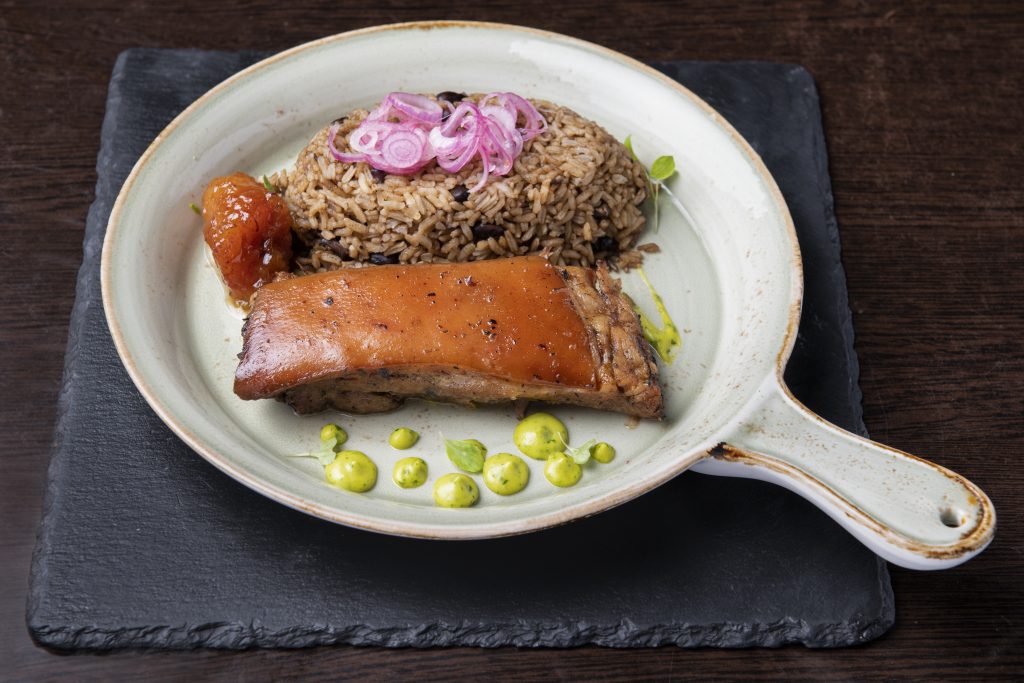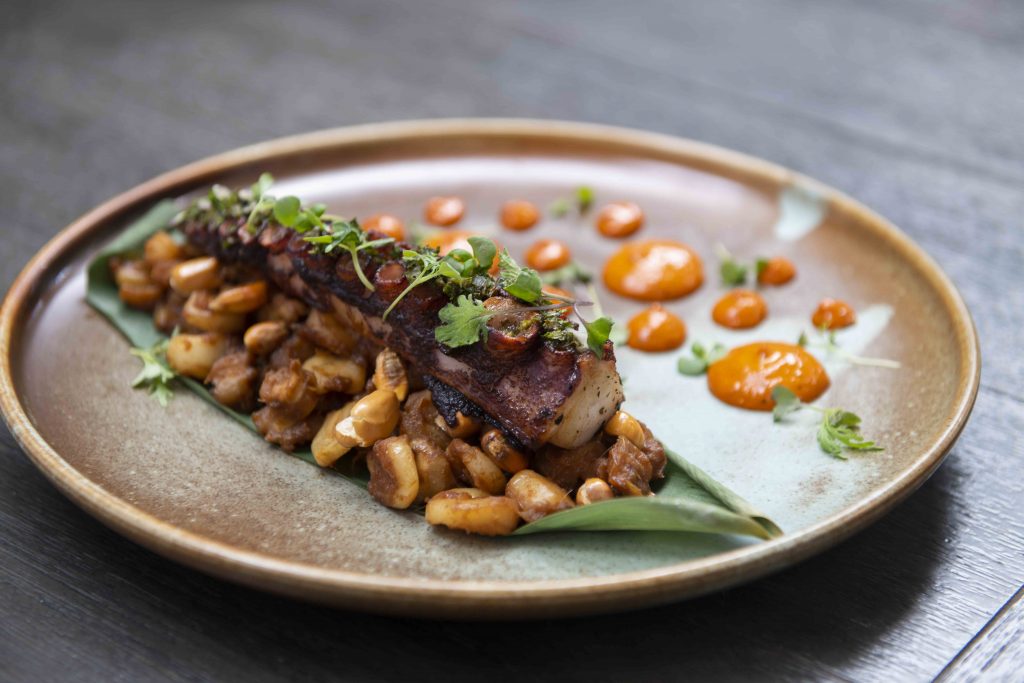The title of ‘Gastronomic Culture Capital of the Caribbean’, which was awarded to Santo Domingo during 2018 and 2019, was the axis of a wide-ranging plan to promote Dominican cuisine.
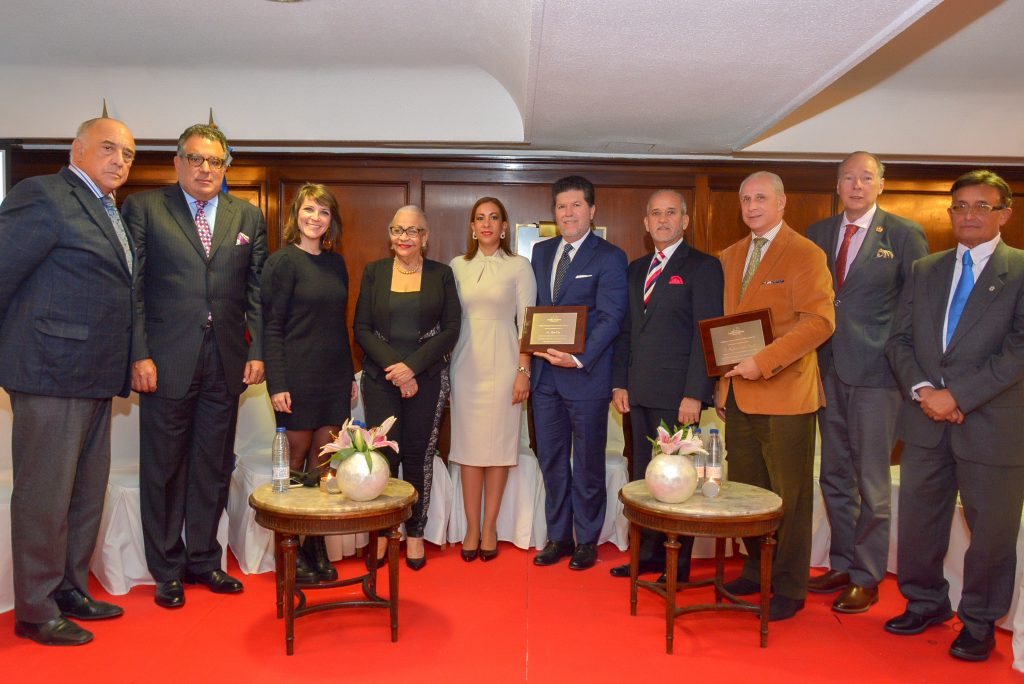
For the Dominican Republic, 2019 was the “Year of Gastronomy” in every sense of the word. The revalidation of the title of ‘Gastronomic Culture Capital of the Caribbean’, issued by the Ibero-American Academy of Gastronomy (IAG), was the perfect “excuse” for the Dominican Government to take the decision to promote gastronomy as a stand-out attraction within its tourism offer.

“Given that the Dominican Republic has a reputation amongst travellers as a Caribbean paradise with dreamlike beaches, positioning gastronomy as a touristic product that could attract people to visit the country was a real challenge” explained Karyna Font-Bernard, director of the Dominican Republic’s Touristic Promotion Office (TPO) for Spain and Portugal.
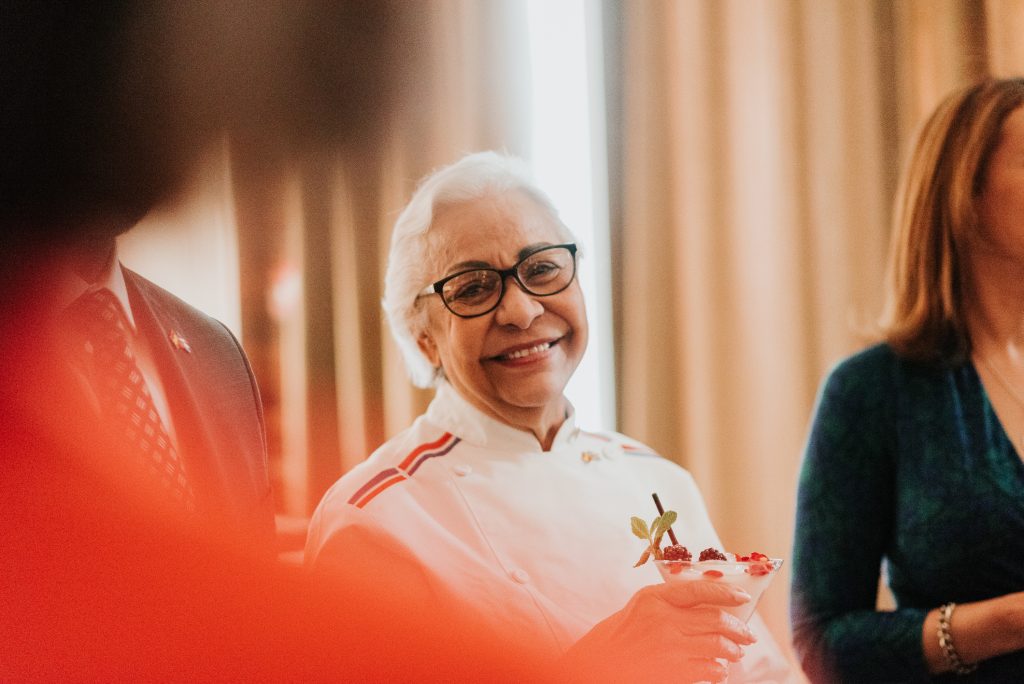
Based in Madrid, the TPO has been heavily promoting Dominican gastronomy through several activities held throughout the year, aimed at shining a light on the iconic dishes of popular Dominican cuisine while raising awareness of its origins and the degree to which it has evolved, with said dishes now reaching levels of excellence in avant-garde restaurants.
Selected gastronomic events
From all the activities carried out in 2019 with a view to positioning Dominican gastronomy as an emerging touristic product, we must highlight the first gastronomic press trip and the organisation of gastronomic events aimed at members of the press. These events sought to raise awareness amongst food and travel journalists about this unique cuisine, which is a true reference point in the Caribbean.

In March, the TPO brought chef Esperanza Lithgow—Gastronomic Advisor to the Ministry of Tourism—to Spain, where she would serve members of the press a true haute cuisine set menu which comprised a faithful reflection of the essence of the different regions of the Dominican Republic. The journalists in attendance were able to sample various staples of Dominican cuisine, such as a modern twist on the traditional sancocho broth and the traditional fish in coconut sauce.
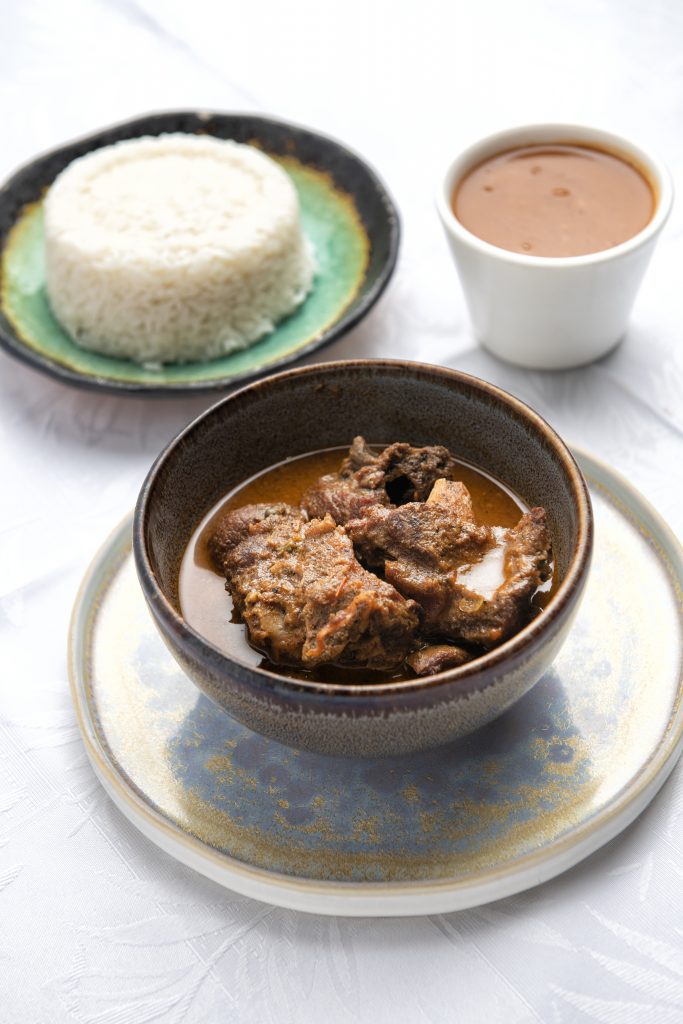
Months previously, in the Christmas 2018 gala dinner,
the TPO had already placed gastronomy in the foreground by serving members of
the press a set menu crafted by renowned chef Santiago Arias, shining a light
on the authenticity of creole cuisine. Modern-day Dominican cuisine is the
result of the original syncretism of three culinary influences: European
(predominantly Spanish), African and Taino. The latter is a pre-Columbian
culinary tradition which entails indigenous products and original preparation
methods.
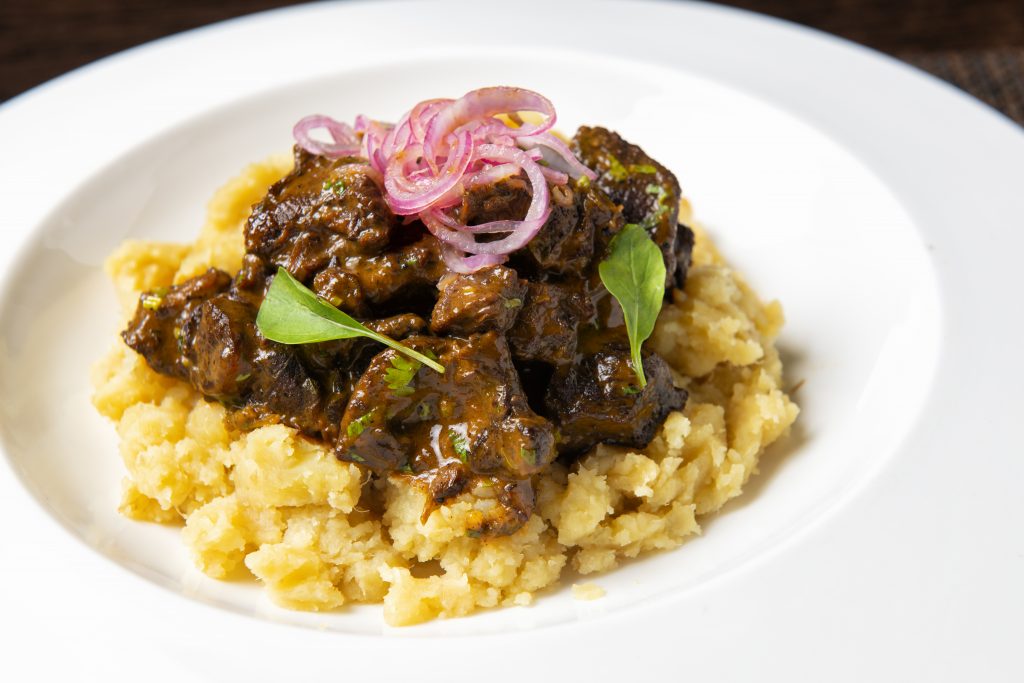
Several traditional dishes were served during the event, such as the bandera dish comprising rice, beans and stew, served in households up and down the country; and the unleavened casabe bread made from yucca, which was consumed by Dominicans prior to the arrival of Christopher Columbus and is still widely enjoyed today. Such is its importance to local culture, a project promoting its nomination as an item of UNESCO Intangible Cultural Heritage is currently underway.
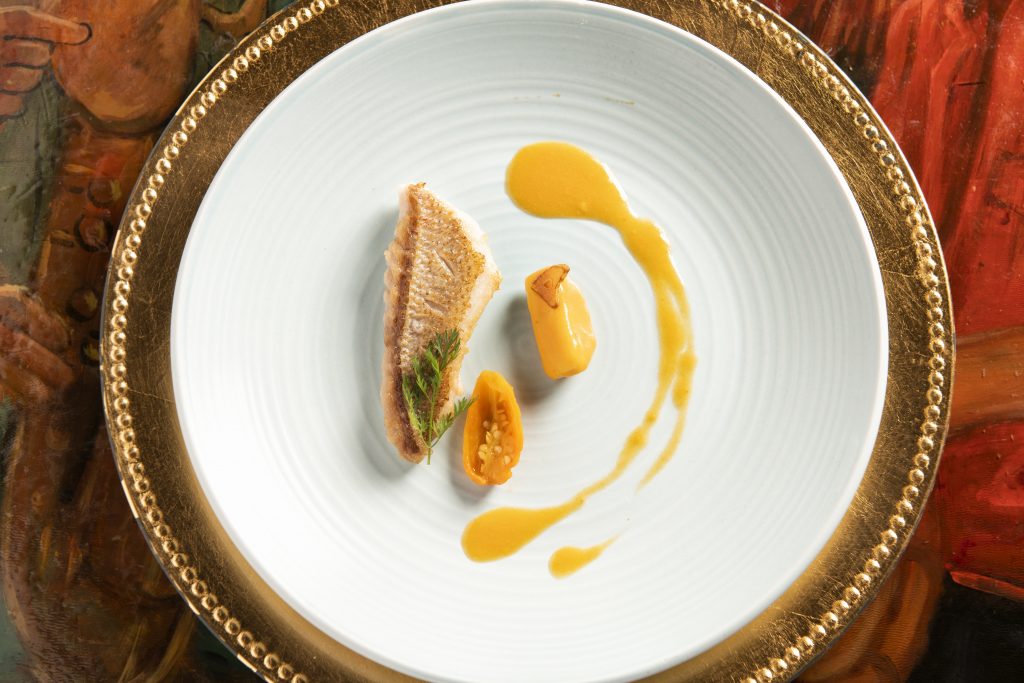
Finally, another huge event promoting Dominican cuisine was held in November. “Experiencia República Dominicana en Madrid. Capítulo Gastronomía” (Dominican Republic Experience in Madrid. Gastronomy Edition) was a true display of its popularisation, bringing together key figures from the Ibero-American Academy of Gastronomy and the Dominican Academy of Gastronomy and Tourism in the Spanish capital. Over the course of various days and in different scheduled events, much was discussed about Dominican gastronomy and its evolution over the last 500 years, its international projection and, of course, its potential to attract tourists to the Dominican Republic.
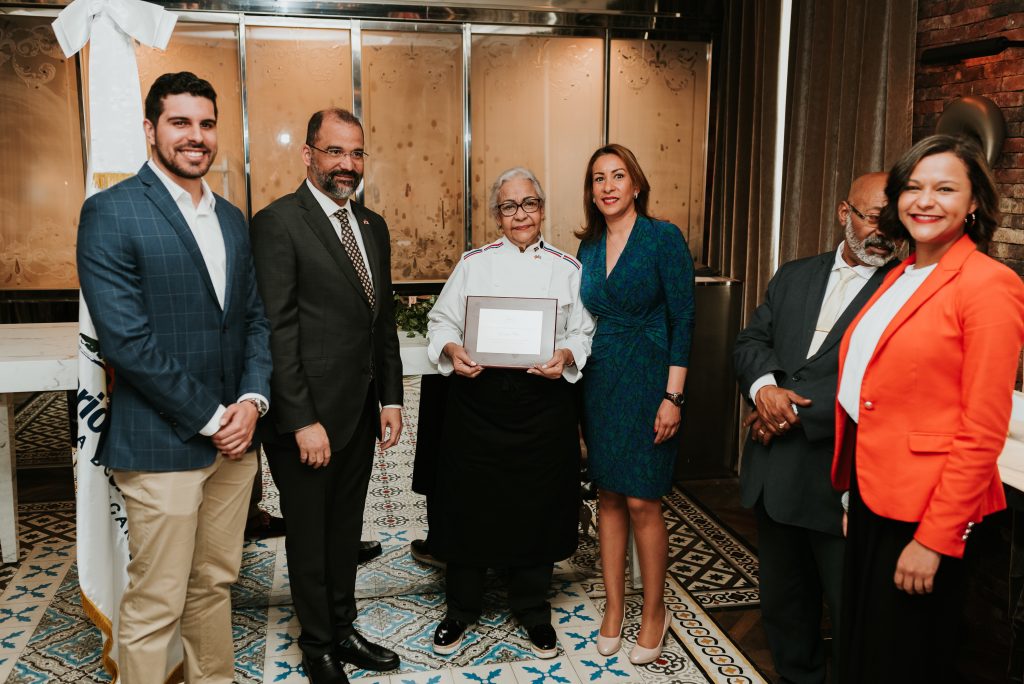
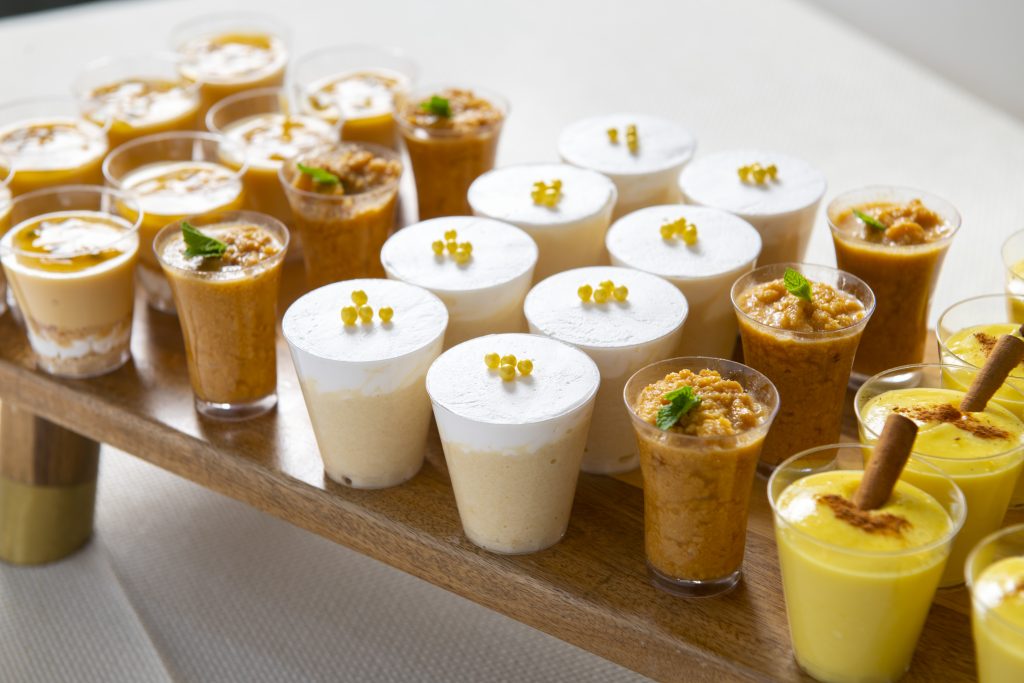
“All destinations strive to enhance those attractions that make them stand out in ways that aren’t always obvious, making them seem authentic in the eyes of the modern tourist. As such, the Dominican Republic will continue promoting its gastronomy, as this is a symbol of our cultural identity”, explained the director of the TPO for Spain and Portugal.
